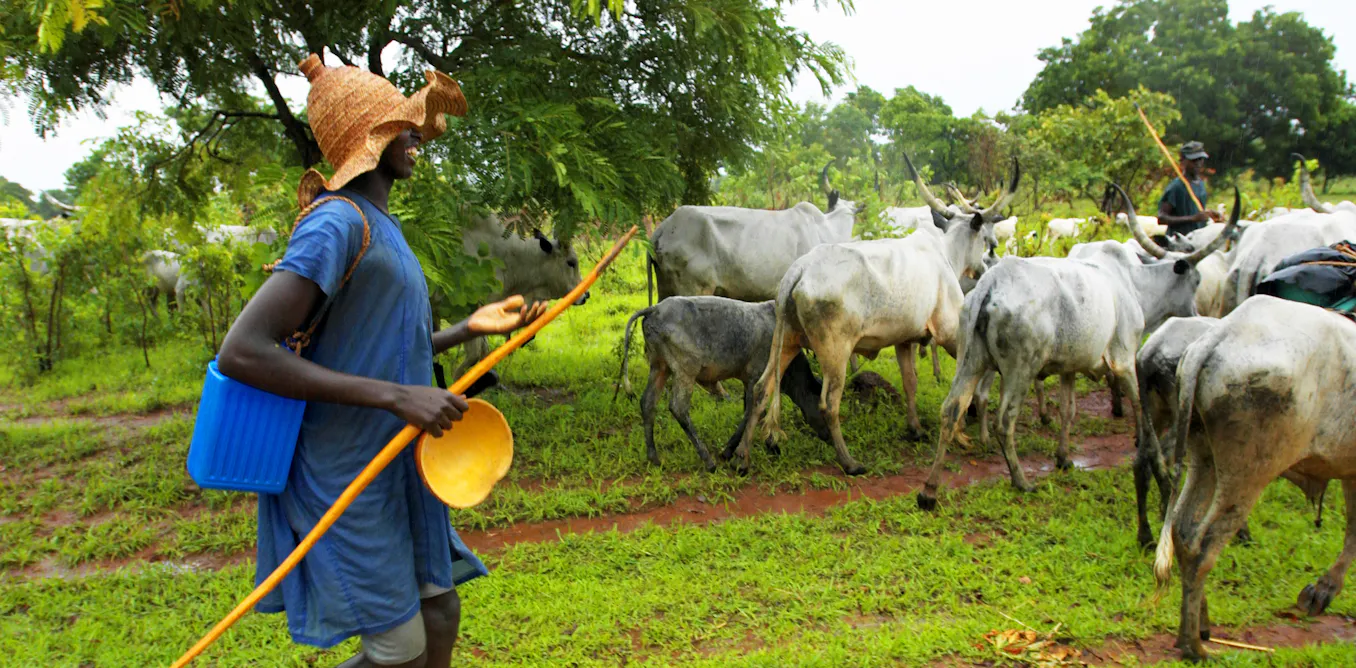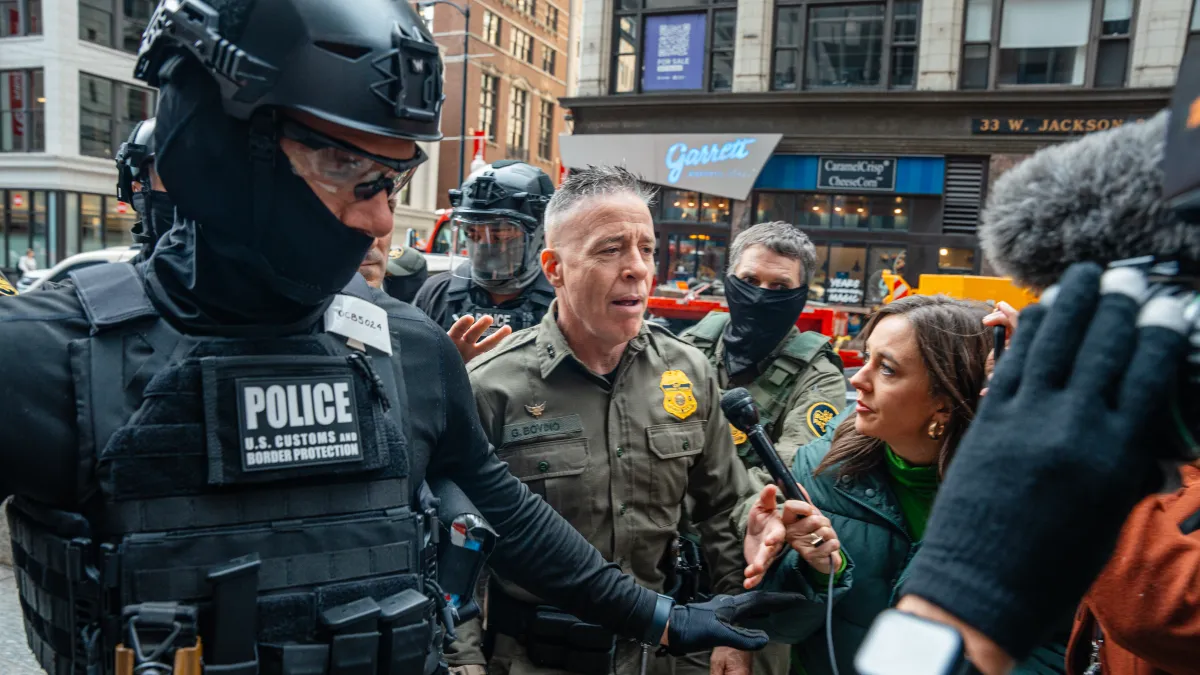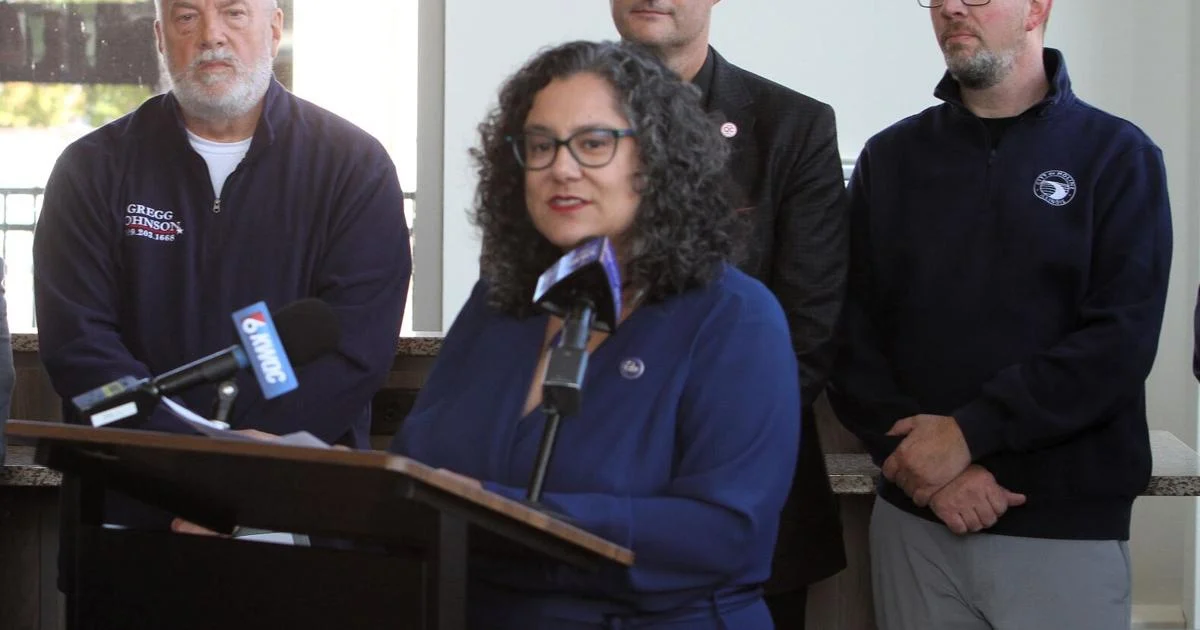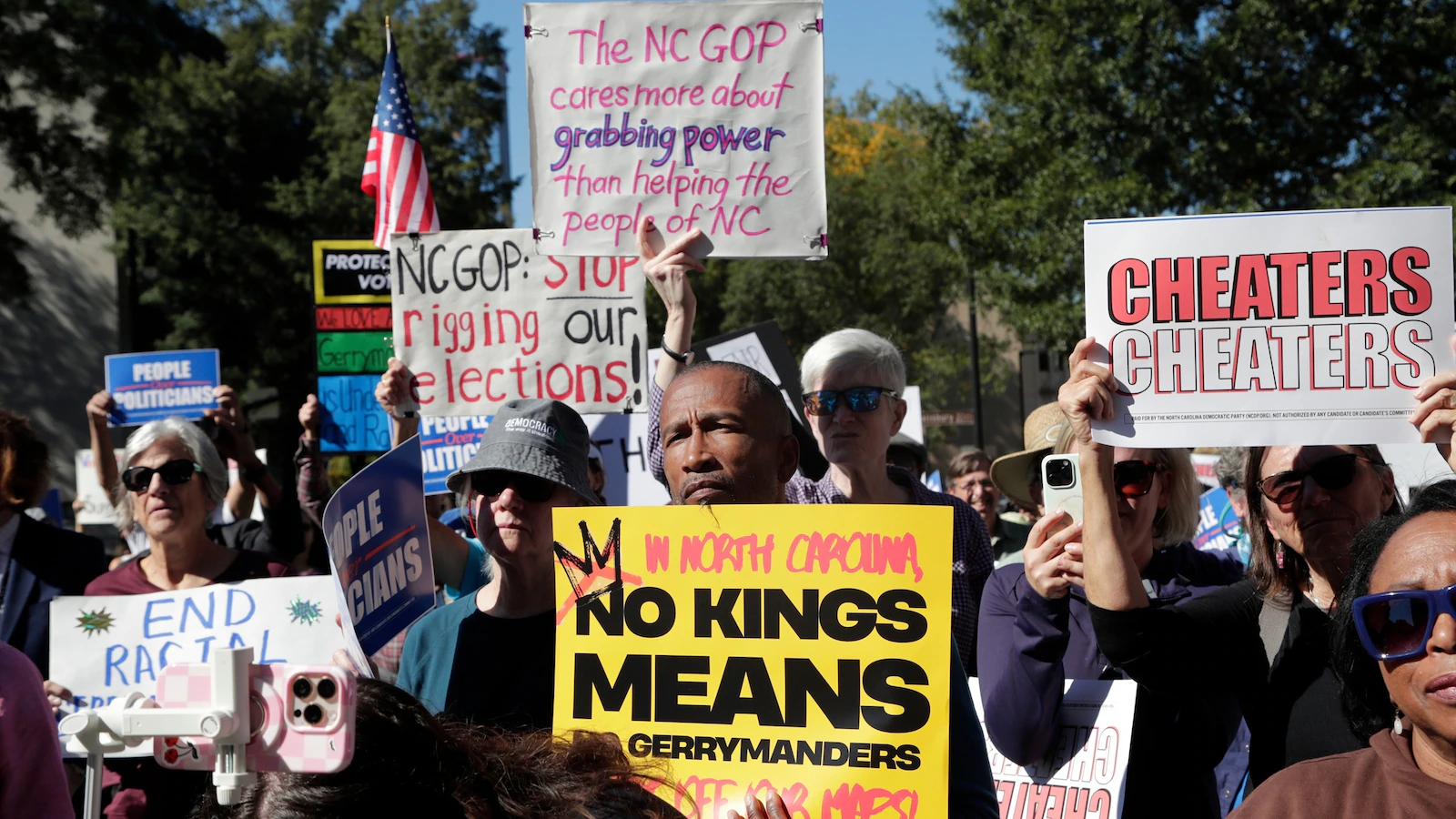Copyright theconversation

When Nigeria’s Benue State Anti‑Open Grazing Law was passed in 2017, it brought hope that pastoralist herders would move to ranches, farmers would gain peace, and violent conflict between herders and farmers would ease. The law banned the open grazing of livestock and required herders to establish ranches instead. It introduced fines, jail terms, and a livestock-guard task force to monitor compliance, shifting livestock management from communal routes to fenced ranches. For decades, tensions between farming and herding communities across Nigeria’s Middle Belt have erupted into deadly violence. As farmland shrinks and grazing routes disappear, competition over land, water and survival has intensified. Thousands have been killed, and more than two million people have been displaced. These conflicts are not just about cattle or crops; they are about identity, belonging and the struggle for power in a nation where religion and ethnicity often overlap with politics. I study these dynamics as a sociologist whose work cuts through identity-driven conflicts and local peacebuilding. In a recently published study I show that the outcome of the Benue State Anti‑Open Grazing Law has been far more complicated than envisaged. My research involved 40 interviews and focus groups in Benue’s most affected districts. It found that while the law against open grazing reduced crop destruction, it also deepened mistrust and exclusion. Farmers saw it as protection; herders saw it as punishment. Based on my findings, I argue that the crisis is a governance failure amplified by politicised faith narratives and elite opportunism. A local land-use dispute has been reimagined internationally as evidence that Nigeria is fracturing along religious lines. Unless policy becomes more inclusive, this perception could grow, risking new waves of division and violence. Why the law faltered The anti-open grazing law in Benue was intended to curb the roaming of cattle across farmlands, reduce conflict, and protect sedentary farming communities. But the design overlooked key issues: it expected herders – many of them nomadic, landless and low-capital – to invest in ranches with minimal support. Meanwhile, the enforcement architecture exhibited weakness. Livestock guards lacked resources, and coordination between Benue state government and the federal government broke down, leading to a strained relationship between levels of government. The challenge is that agriculture and policing fall under shared jurisdiction in Nigeria. The state could legislate but not easily enforce without federal backing. The federal government, led at the time by a Fulani president, saw the law as discriminatory, while Benue leaders viewed federal hesitation as betrayal. The standoff left the law largely unenforced. Even when enforced, the law punished mobility but offered scant alternatives. My field data showed herders feeling criminalised, farmers feeling abandoned, and both sides interpreting the law through existential lenses. Both farmers and herders saw it as a struggle for survival, one group fighting to defend ancestral land, the other to preserve livelihood and identity. When land becomes identity In contexts like central Nigeria, land is more than soil: it is identity, history and power. Farmers, mostly Christian crop growers, view the grazing law as an instrument of protection. Herders, often Fulani and Muslim, perceive it as a threat to their way of life. The herders have followed transhumant grazing routes for centuries, moving with the seasons. Their mobility predates Nigeria’s borders and remains vital to their culture and economy. When open grazing is punished, and when governance fails to bridge the divide, disputes over pasture and farmland become charged with religious and ethnic meaning. In this terrain, the narrative of a “religious genocide” gains traction, a narrative that coincides with the US designation of Nigeria as a country that fails to protect religious freedom. US president Donald Trump threatened military action unless Nigeria “stops the killing of Christians”. But the truth on the ground is more nuanced. Analysts point out that both Christian and Muslim communities have suffered repeated attacks across different regions. Conflict over land, pastoral mobility and weak governance often overlap with religious fault lines, but are driven by deeper forces like land scarcity, climate stress, and weak governance. Religion explains the rhetoric, not the root cause. How grazing policy and faith conflict connect The grazing law’s failure matters because it becomes part of the faith conflict story. When the state is seen to favour one set of communities, the other sees exclusion. When violence between farmers and herders is portrayed in religious terms, such as “Christians under siege” and “Muslim herders as invaders”, the law meant to protect becomes a symbol of division. In other words, the anti-grazing law was never only about cattle. It became a law about belonging, rights, who gets to claim the land, and whose identity is recognised. The US reaction exacerbates this division by implying that one group is the victim and the other is the perpetrator. That framing may help some voices gain global attention, but it can also harden local fault lines. What must change If Nigeria and its states are to prevent this conflict from becoming a faith-war, several things must shift: Inclusive policy-making: Pastoralists must be genuinely part of policy design, not just regulated. Mobility, traditional rights and modern ranching must be reconciled. Stronger federal-state cooperation: Nigeria’s constitution splits agricultural and policing powers. States can legislate but depend on federal agencies for enforcement. Clearer coordination and funding are essential. Narrative formation: Policymakers, media and international actors must avoid reducing complex land and livelihood struggles into simple faith wars. Accurate data, inclusive language and community voices matter. Trust building at the local level: Mechanisms such as locally led peace committees, shared grazing agreements and conflict-sensitive land-use planning have to be empowered. Why it matters globally Nigeria is Africa’s most populous country, a multi-faith, multi-ethnic democracy, and a test case for how modern states negotiate change, tradition and identity. The US decision to label Nigeria a “country of particular concern” has grabbed headlines, but the core of the issue lies in how Nigerians farm, herd, travel, claim land, and build peace. If Nigeria fails to turn its land and livelihood fault lines into inclusive governance, then the risk is not simply more violence, it is a deeper fracture in which laws become weapons of identity, and international declarations feed local fears. Conflict won’t stop because rhetoric picks up speed; it will stop when policy, law and identity converge in a way that recognises everyone’s belonging. In the end, the question is not simply whether more laws are passed or whether the US sanctions Nigeria. It is whether communities in Nigeria feel protected or whether laws and external pressure leave them feeling excluded.



